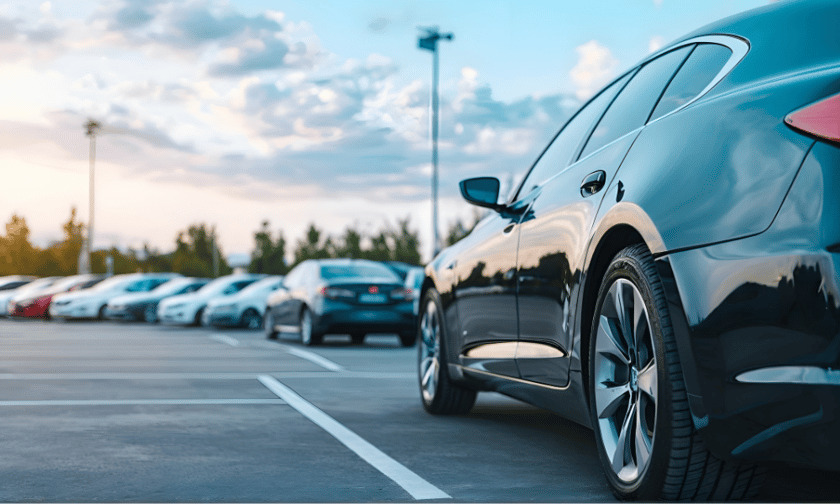

President Donald Trump has proposed tariffs on auto imports, which could raise vehicle prices amid ongoing plans for tariffs on steel, aluminum and trade with Canada and Mexico. Economists and insurance industry representatives warn that these measures could also lead to higher auto insurance costs, according to a report.
Earlier this week, Trump stated he was considering a 25% tariff on imported cars that could increase over the year. Experts suggest this would impact insurance premiums, as the cost of replacing damaged vehicles and parts, many of which are imported, affects insurance pricing.
Paul Donovan, chief economist at UBS Global Wealth Management, told Fortune that higher new car prices would also raise the cost of used vehicles, which are direct substitutes. "And if you raise the price of new cars and second-hand vehicles, the price of car insurance will also go up," he said.
Insurance costs have been a key factor in inflation, which remains above the Federal Reserve’s 2% target. As of January, auto insurance premiums had risen 55% since early 2020, according to the U.S. Bureau of Labor Statistics.
Car prices have also increased significantly. Between January 2020 and January 2025, the cost of new cars rose 20%, while used car prices climbed 34%. Tariffs could add to these increases, particularly with planned duties on steel and aluminum, essential materials for vehicle production.
Sam Fiorani, an analyst at AutoForecast Solutions, told the Associated Press that car manufacturing involves many components, and raising the cost of key materials would further increase overall vehicle prices.
Trump has also temporarily delayed imposing 25% tariffs on Mexico and Canada, though a 10% tariff remains on Canadian energy imports. The majority of imported steel in the U.S. comes from Canada and Mexico, which are integrated into the U.S. auto industry’s supply chain.
Donovan noted that auto manufacturing involves complex supply routes. "Now, you know, a product will go through 10-12 different countries before you get the final version of the product," he said. "Famously, a car that is made in America will have components that cross the Mexican border 12 or 15 times before it ends up being a ‘Made in America’ car."
A report obtained by Fortune from the American Property Casualty Insurance Association (APCIA) states that 60% of auto parts used in body shops are imported from Mexico, Canada, and China.
Bob Passmore, department vice president of personal lines at APCIA, explained that tariffs on imported auto parts could raise repair costs, which insurers factor into their rate calculations. The APCIA estimates that the impact of tariffs on personal auto insurance could range from $7 billion to $24 billion.
The White House did not respond to a request for comment, according to the report.
Passmore added that while tariffs would influence insurance rates, consumers would not see immediate effects. "If the tariff goes on auto parts tomorrow, then you wouldn’t see any kind of impact in your auto insurance bill probably for 12 to 18 months," he said.
